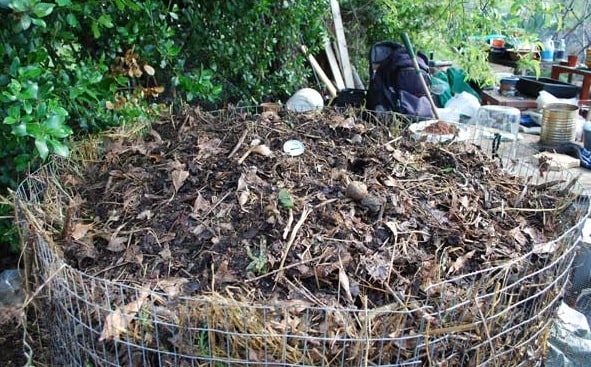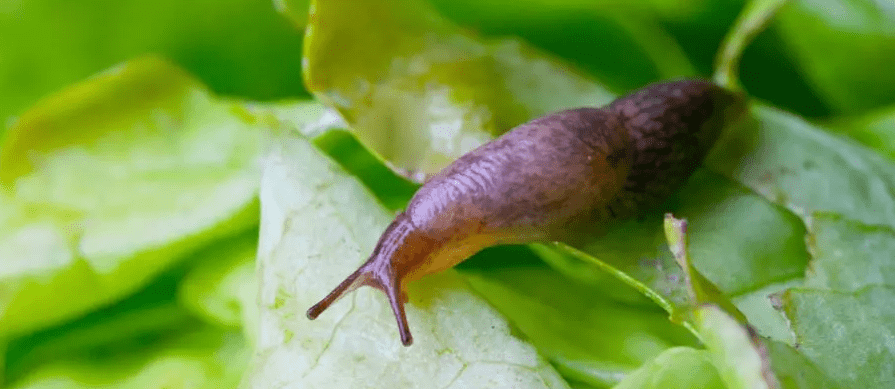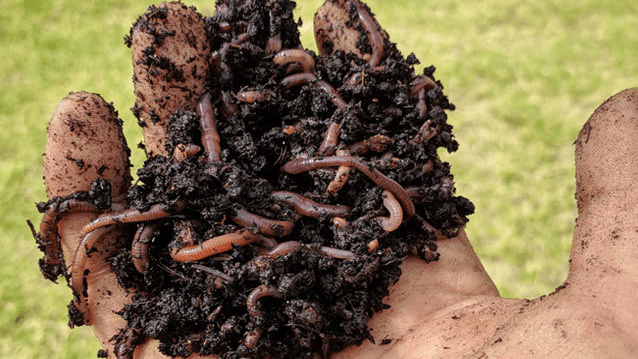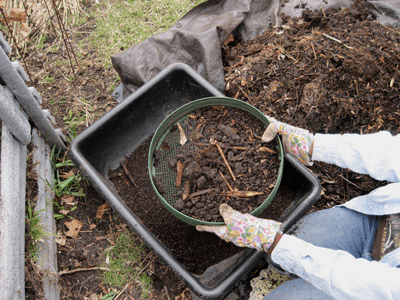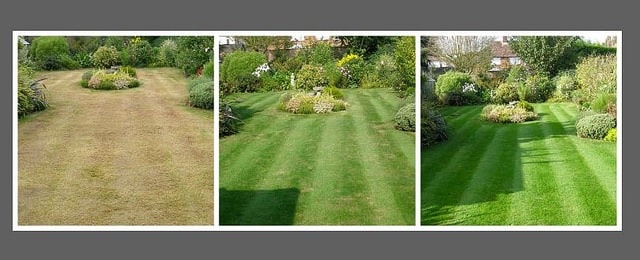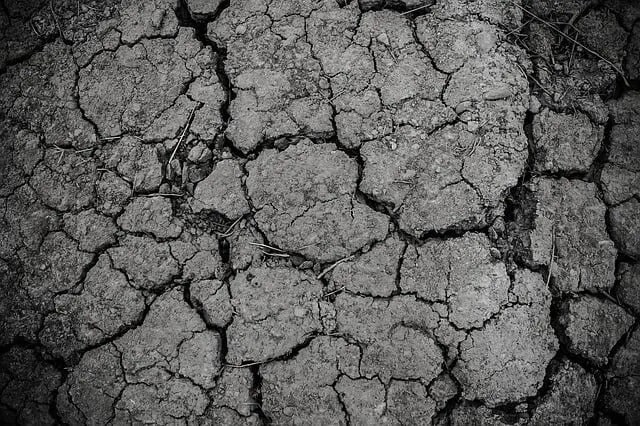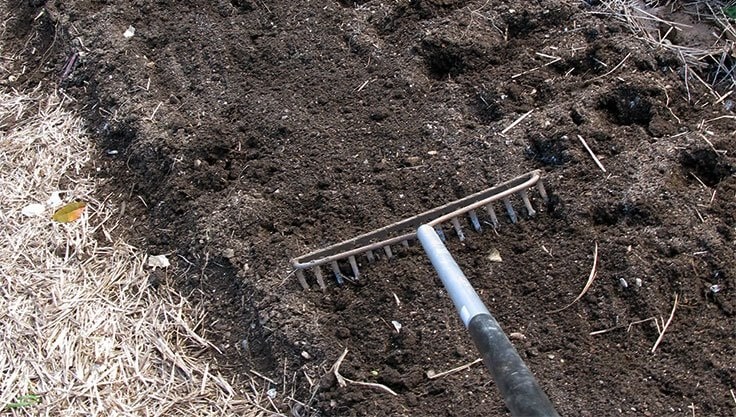Yes, you can compost pasta, potatoes, and rice. These kitchen scraps are organic materials and can be added to your compost pile or bin. However, there are some considerations to keep in mind when composting them:
- Cooked vs. Uncooked: Both cooked and uncooked pasta, potatoes, and rice can be composted. Cooked versions may break down more quickly due to the cooking process, but uncooked ones will also decompose over time.
- Cut into Smaller Pieces: Chopping or breaking the larger pieces of pasta, potatoes, and rice into smaller bits can help speed up the decomposition process.
- Balance Carbon and Nitrogen: These kitchen scraps are considered high in carbon, or “brown” materials. To ensure proper decomposition, balance them with nitrogen-rich, or “green” materials, like fruit and vegetable scraps or grass clippings. A balanced carbon-to-nitrogen ratio is crucial for successful composting.
- Avoid Sauces and Seasonings: When composting pasta, potatoes, or rice, it’s best to avoid adding sauces, seasonings, or oils, as these may attract pests or create odors. Plain and unseasoned scraps are preferable.
- Monitor Moisture: Kitchen scraps like these can be wet, so be mindful of your compost pile’s moisture level. Ensure it remains damp, like a wrung-out sponge, by adding water if needed.
- Aerate the Pile: Regularly turning or aerating your compost pile helps promote even decomposition and prevents compaction. This aeration allows oxygen to reach the microorganisms responsible for breaking down the materials.
- Be Patient: Pasta, potatoes, and rice may take some time to break down fully, especially if they’re in larger pieces. Over time, they will decompose into rich, crumbly compost.
When composted correctly, pasta, potatoes, and rice can be valuable additions to your compost, contributing to the creation of nutrient-rich soil for your garden. It’s an environmentally friendly way to reduce food waste and recycle kitchen scraps effectively.

